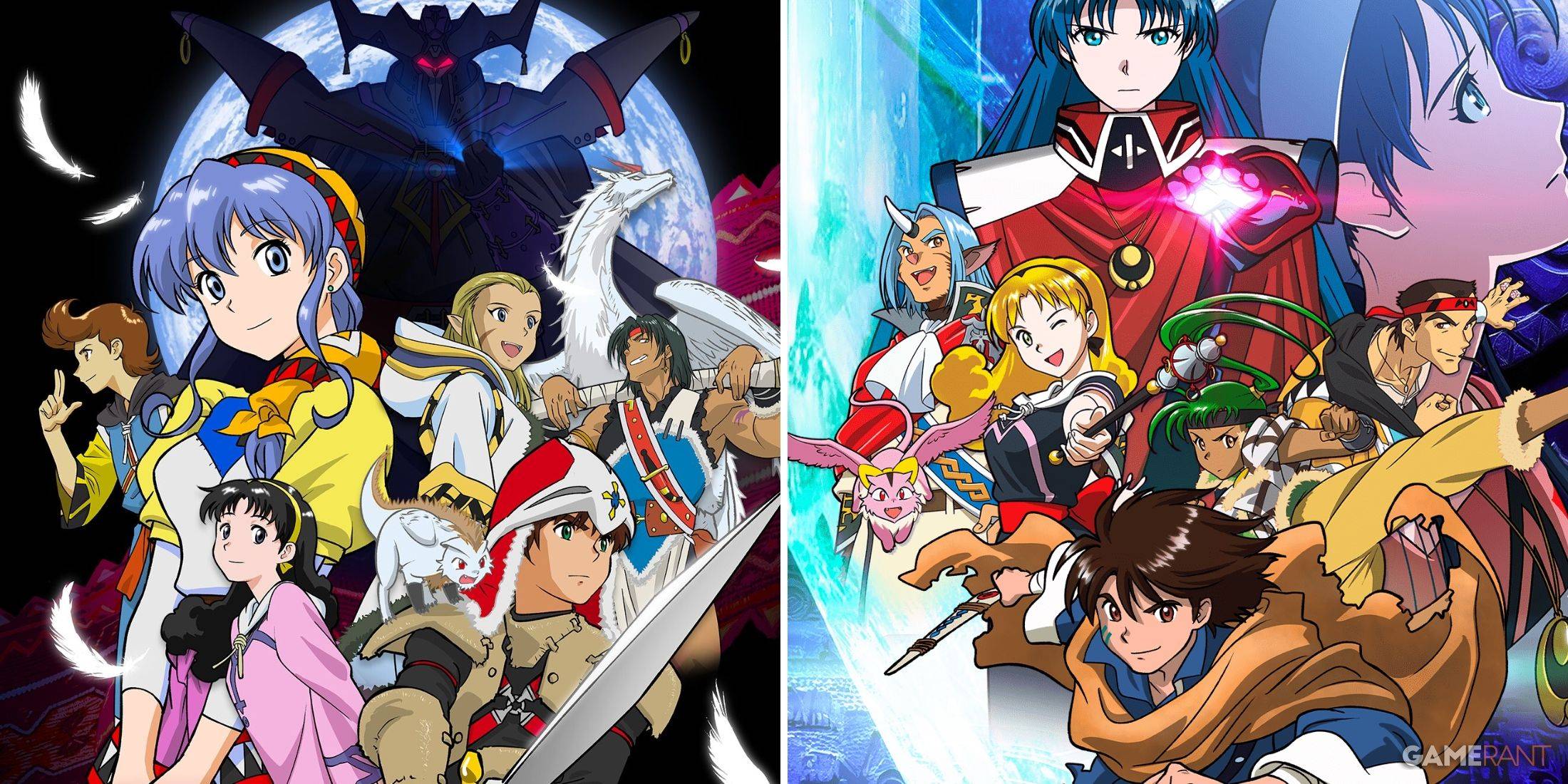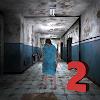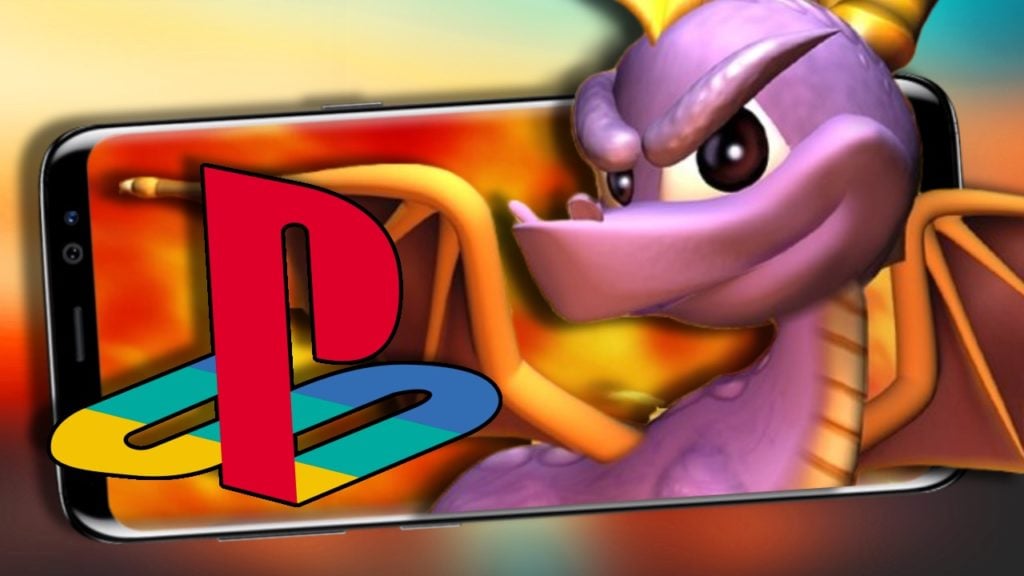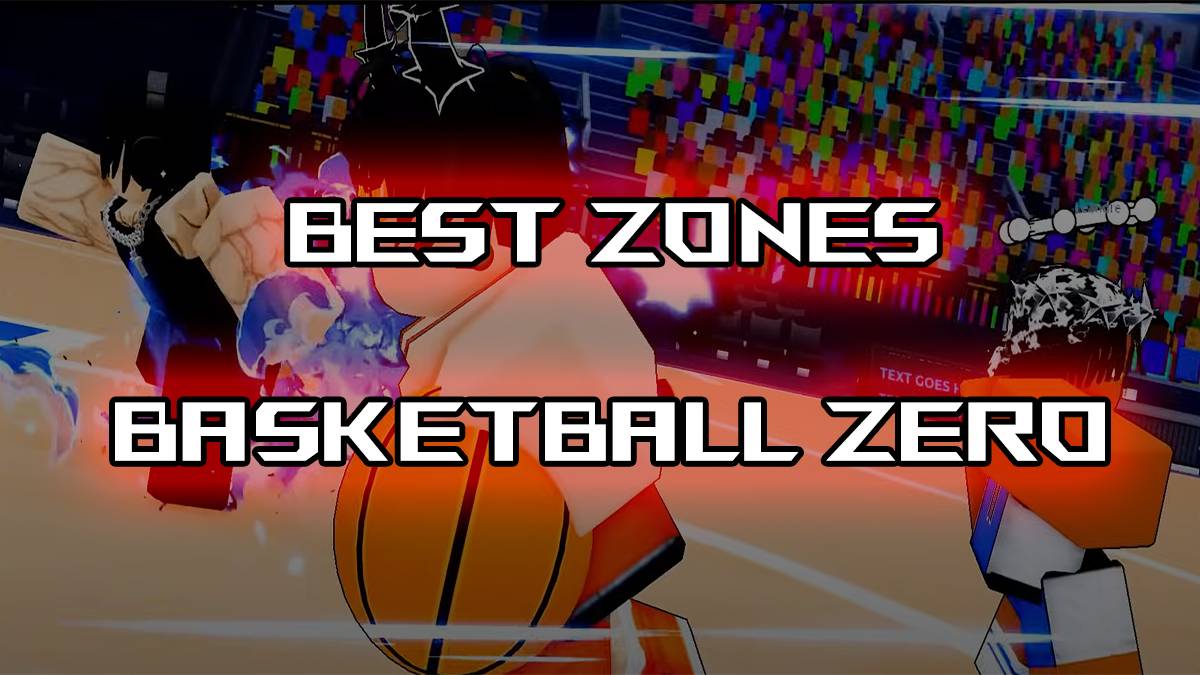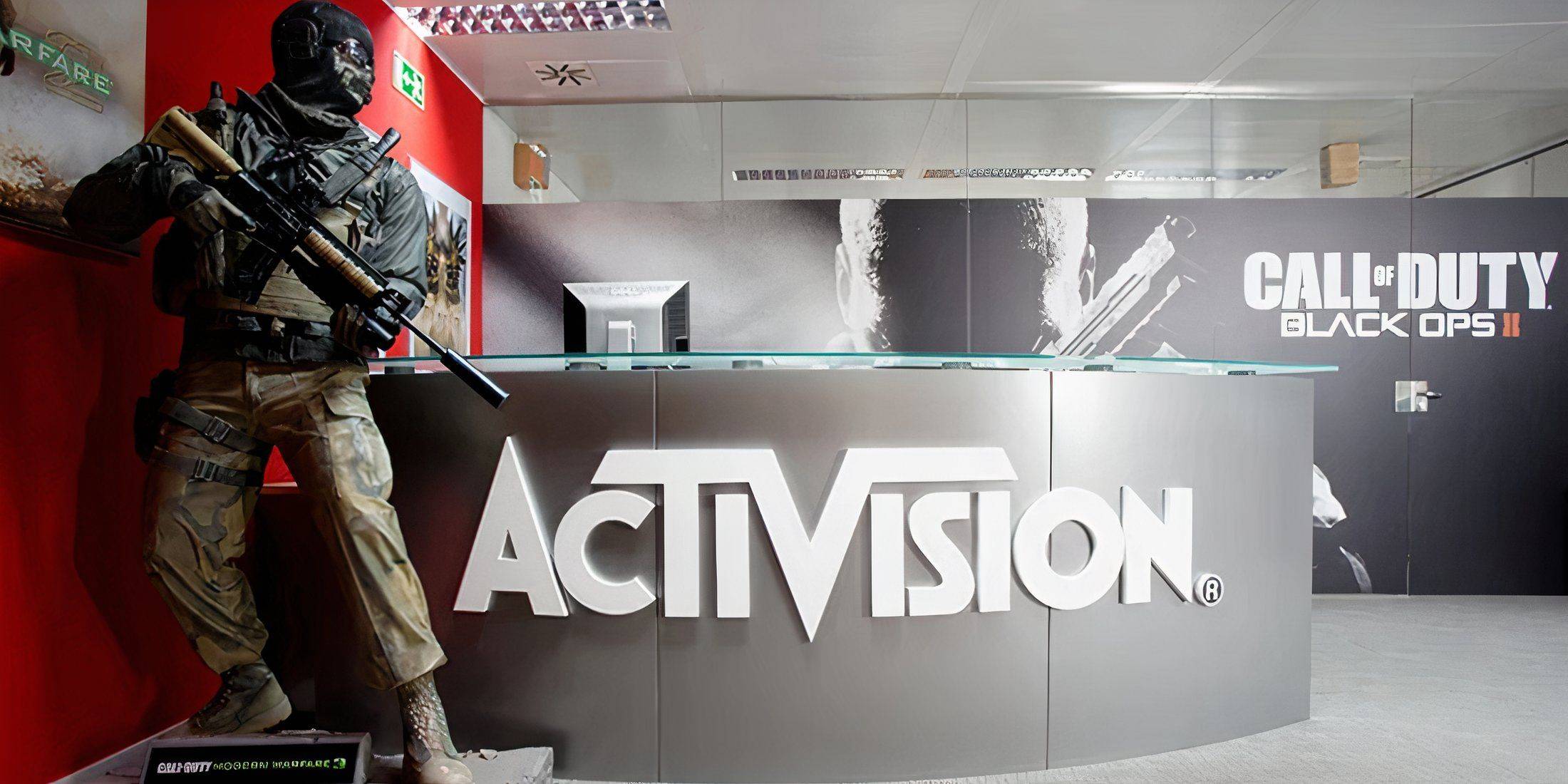
Activision Rebuts Uvalde Lawsuit Claims Against Call of Duty
Activision Blizzard has filed a robust defense against lawsuits filed by Uvalde school shooting victims' families, denying any link between Call of Duty and the tragedy. The May 2024 lawsuits allege the shooter's exposure to violent content in Call of Duty influenced his actions.
The devastating Robb Elementary School shooting on May 24, 2022, claimed the lives of 19 children and two teachers, injuring 17 more. The 18-year-old shooter, a former Robb Elementary student, was a Call of Duty player, having downloaded Modern Warfare in November 2021. He used an AR-15 rifle, similar to one depicted in the game. The lawsuits also implicated Meta, alleging its Instagram platform facilitated the shooter's connection to firearm manufacturers, exposing him to AR-15 advertisements. The families argue Activision and Meta created a harmful environment encouraging violent behavior in vulnerable adolescents.
Activision's December filing, a comprehensive 150-page response, rejects all claims of a direct causal link between Call of Duty and the shooting. The company invoked California's anti-SLAPP laws, designed to protect free speech from frivolous litigation, seeking dismissal of the lawsuit. Activision further contends Call of Duty is constitutionally protected expression under the First Amendment, arguing that criticisms based on its "hyper-realistic content" violate this fundamental right.
Supporting its defense, Activision submitted expert declarations. Notre Dame professor Matthew Thomas Payne's 35-page statement argues Call of Duty adheres to the tradition of military realism found in war films and television, refuting the lawsuit's "training camp" assertion. Patrick Kelly, Call of Duty's head of creative, provided a 38-page document detailing the game's design process, including the $700 million budget for Call of Duty: Black Ops Cold War.
The Uvalde families have until late February to respond to Activision's extensive documentation. The outcome remains uncertain, but the case highlights the ongoing debate surrounding the connection between violent video games and mass shootings.






